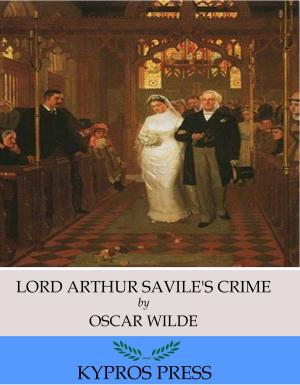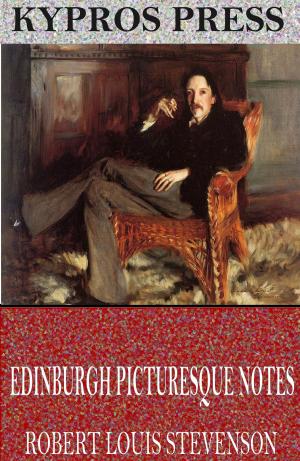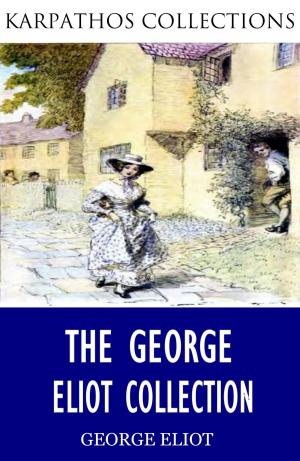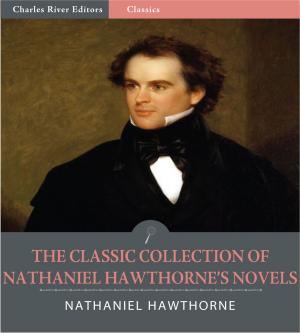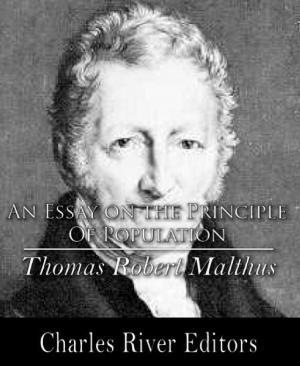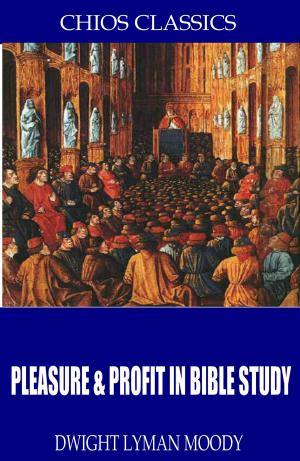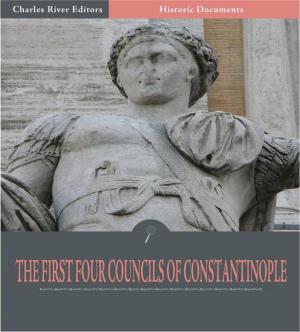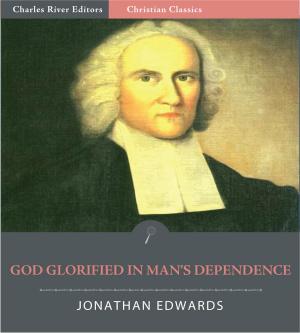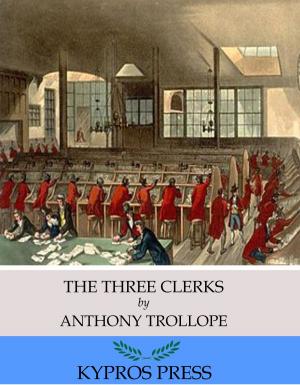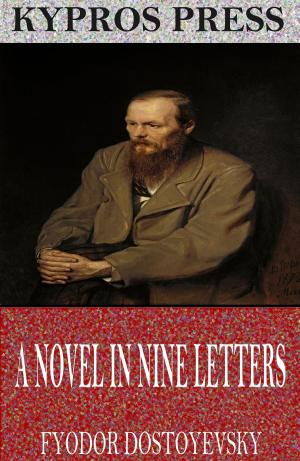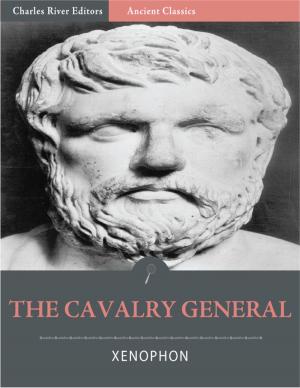The Fundamental Orders of Connecticut, 1639
Nonfiction, History, Americas, United States, Colonial Period (1600-1775)| Author: | Anonymous | ISBN: | 9781619820685 |
| Publisher: | Charles River Editors | Publication: | January 13, 2012 |
| Imprint: | Language: | English |
| Author: | Anonymous |
| ISBN: | 9781619820685 |
| Publisher: | Charles River Editors |
| Publication: | January 13, 2012 |
| Imprint: | |
| Language: | English |
The Fundamental Orders of Connecticut may seem like a quirky name, but behind it is the first written constitution in the history of the West. In 1635 a group of Massachusetts Puritans and Congregationalists who were dissatisfied with the rate of Anglican reforms sought to establish an ecclesiastical society subject to their own rules and regulations. The Massachusetts General Court granted them permission to settle the cities of Springfield, Windsor, Wethersfield, and Hartford in modern day Connecticut. Ownership of the land was called into dispute by the English holders of the Warwick Patent of 1631. The Massachusetts General Court established the March Commission to mediate the dispute, and named Roger Ludlow as its head. The Commission named 8 magistrates from the Connecticut towns to implement a legal system. The March commission expired in March 1636, after which time the settlers continued to self-govern. On May 29, 1638 Ludlow wrote to Massachusetts Governor Winthrop that the colonists wanted to "unite ourselves to walk and lie peaceably and lovingly together." Ludlow drafted the Fundamental Orders, which were adopted on January 24, 1639, establishing Connecticut as an independent colony. The Fundamental Orders of Connecticut contains certain principles that were later applied in creating the United States government, such as government being based in the rights of an individual. This social contract theory came straight from older 17th century political philosophers like John Locke. The Orders also spelled out some of those rights, and how they were to be ensured by the government. It provides that all free men share in electing their magistrates, and uses secret, paper ballots. It states the powers of the government, and some limits within which that power is exercised.
The Fundamental Orders of Connecticut may seem like a quirky name, but behind it is the first written constitution in the history of the West. In 1635 a group of Massachusetts Puritans and Congregationalists who were dissatisfied with the rate of Anglican reforms sought to establish an ecclesiastical society subject to their own rules and regulations. The Massachusetts General Court granted them permission to settle the cities of Springfield, Windsor, Wethersfield, and Hartford in modern day Connecticut. Ownership of the land was called into dispute by the English holders of the Warwick Patent of 1631. The Massachusetts General Court established the March Commission to mediate the dispute, and named Roger Ludlow as its head. The Commission named 8 magistrates from the Connecticut towns to implement a legal system. The March commission expired in March 1636, after which time the settlers continued to self-govern. On May 29, 1638 Ludlow wrote to Massachusetts Governor Winthrop that the colonists wanted to "unite ourselves to walk and lie peaceably and lovingly together." Ludlow drafted the Fundamental Orders, which were adopted on January 24, 1639, establishing Connecticut as an independent colony. The Fundamental Orders of Connecticut contains certain principles that were later applied in creating the United States government, such as government being based in the rights of an individual. This social contract theory came straight from older 17th century political philosophers like John Locke. The Orders also spelled out some of those rights, and how they were to be ensured by the government. It provides that all free men share in electing their magistrates, and uses secret, paper ballots. It states the powers of the government, and some limits within which that power is exercised.



